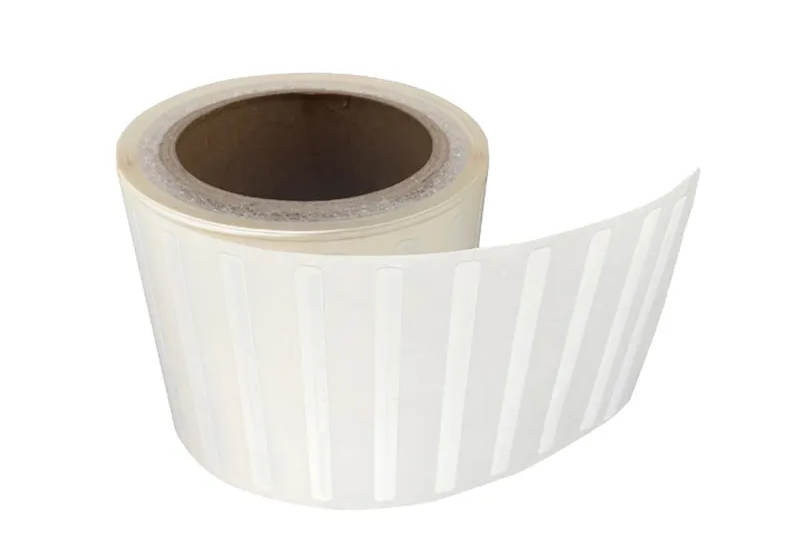In the realm of automotive technology, Radio Frequency Identification (RFID) has emerged as a game-changer, particularly with RFID windshield labels. These labels, equipped with small chips and antennas, are revolutionizing various aspects of vehicle management and beyond. From toll collection and parking management to fleet logistics and beyond, RFID windshield labels are reshaping how we interact with automobiles in the modern age.
RFID windshield labels are discreet yet powerful. Embedded with unique identifiers, these tags communicate wirelessly with RFID readers positioned at strategic points, such as toll booths, parking entrances, and vehicle checkpoints. This seamless interaction enables swift and automated processes that enhance efficiency, reduce congestion, and improve overall user experience.
One of the most significant applications of RFID windshield labels is in electronic toll collection (ETC) systems. Traditionally, toll booths required vehicles to stop and pay manually, causing delays and traffic buildup, especially in busy urban areas. With RFID technology, vehicles equipped with RFID windshield labels can pass through toll plazas at normal speeds, as the RFID reader automatically detects and records the vehicle's passage, deducting toll fees from a preloaded account. This not only speeds up commute times but also reduces fuel consumption and environmental impact by minimizing idling and stop-start driving.
Parking management is another area where RFID windshield labels shine. In crowded urban environments, finding parking can be a daunting task. RFID-enabled parking systems streamline this process by allowing vehicles to enter and exit parking facilities seamlessly. Upon entry, the RFID reader identifies the vehicle, records its entry time, and manages payment based on duration. For fleet operators and businesses managing large vehicle fleets, RFID offers centralized control and tracking capabilities, ensuring efficient allocation of parking spaces and enhanced security.
Moreover, RFID windshield labels are instrumental in enhancing vehicle security and operational efficiency. In logistics and fleet management, RFID technology enables real-time tracking of vehicles and cargo, optimizing route planning, and ensuring timely deliveries. By integrating RFID with GPS and other telematics systems, businesses can monitor vehicle performance, driver behavior, and maintenance schedules, promoting safer and more cost-effective operations.
Beyond practical applications, RFID windshield labels contribute to sustainable transportation initiatives. By reducing traffic congestion, idling times, and emissions associated with traditional toll and parking systems, RFID technology supports environmental conservation efforts. Additionally, RFID-enabled smart cities can leverage data collected from RFID tags to analyze traffic patterns, improve urban planning, and develop more sustainable transportation infrastructures.
Looking ahead, the evolution of RFID technology promises even more advancements in automotive and smart city solutions. Enhanced RFID tags with extended read ranges and improved durability will further expand the applications of RFID in vehicle identification, asset tracking, and logistics optimization. Innovations such as RFID-enabled vehicle-to-infrastructure (V2I) communication hold potential for integrating vehicles seamlessly into smart city networks, paving the way for autonomous driving and enhanced urban mobility.
In conclusion, RFID windshield labels represent a pivotal advancement in automotive technology, offering myriad benefits across toll collection, parking management, fleet logistics, and beyond. As cities continue to grow and mobility demands evolve, RFID technology stands poised to play a central role in shaping the future of transportation, driving efficiency, sustainability, and connectivity on roads worldwide.

